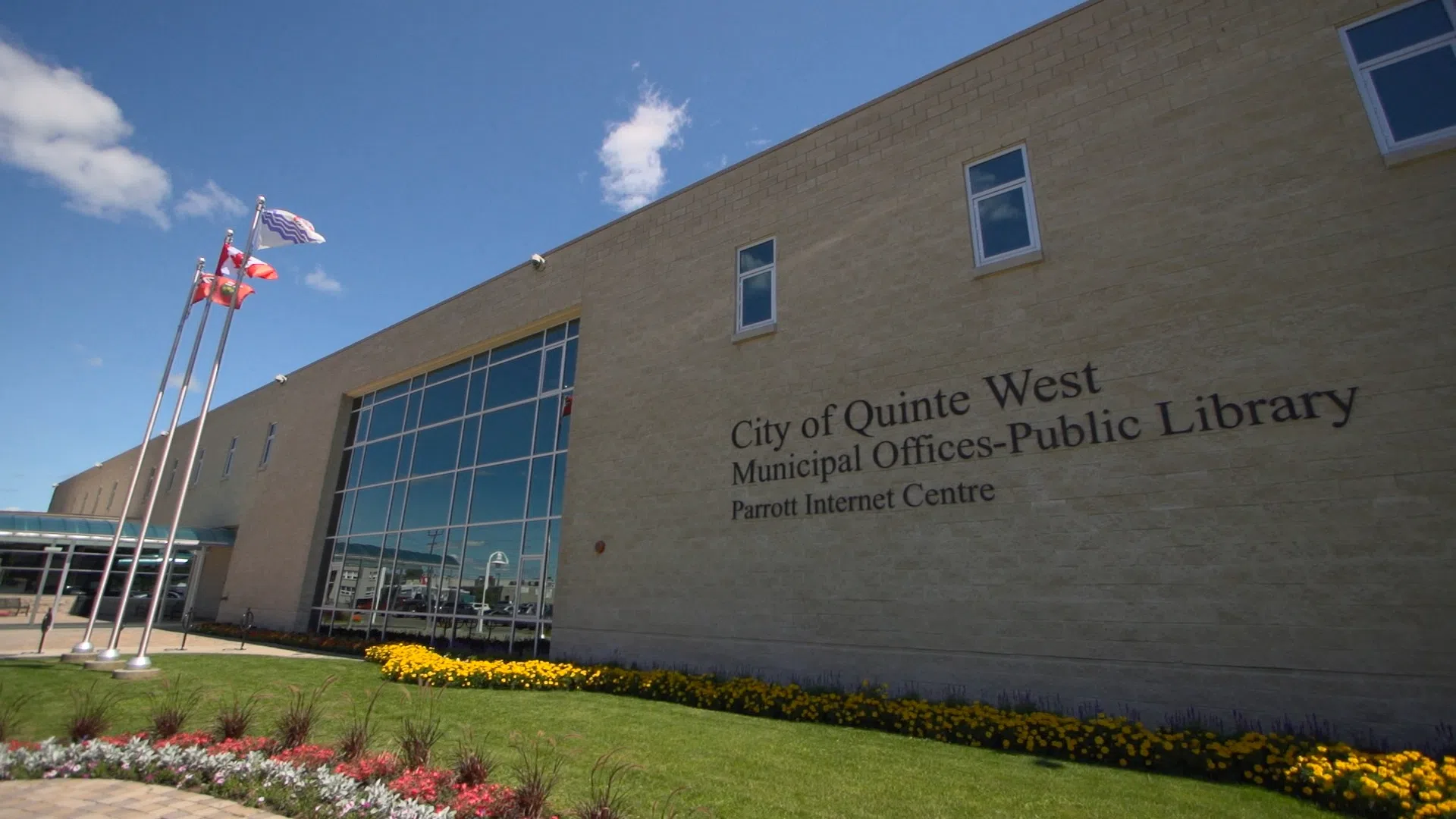Quinte West City Council is directing city staff to review and report back to council with considerations regarding its existing Industrial Lands Community Improvement Plan in light of recent changes to the Development Charge (DC) exemption.
The decision was made at its council meeting on Wednesday.
In a report from Manager of Economic Development and Tourism Linda Lisle and Economic Development Officer Elizabeth Edwards, a Community Improvement Plan (CIP) is a “planning and economic development tool used to facilitate the revitalization of, or investment in, a community or a specific area.”
In this case, Industrial Lands CIPs enable a wide range of financial incentive programs that encourage private investment while also supporting city initiatives aimed at promoting and incentivizing development on industrial lands.
For years, an incentive offered in Quinte West was no development charges on industrial developments.
As an outcome of the Industrial Lands Strategy, the current land price in the city’s industrial parks has recently changed to $250,000 per acre for a serviced site.
Council recently approved this change along with the elimination of the exemption on industrial DCs.
Based on these decisions, the report states that it is an appropriate time to explore the option of revising the Industrial Lands CIP to include a DC incentive.
“From an economic development perspective, the city’s inability to offer competitive advantages and incentives to exempt, reduce, or waive development charges for industrial developments significantly reduces its competitive advantage in comparison to other communities that are all competing for the same investment projects. Losing these investment projects translates to losing the job creation, investment and tax revenue that the city would gain as a result,” the report states.
Alternatively, if the city is successful in recruiting an investment project with the help of an appropriate CIP incentive offsetting DCs, the city benefits from the financial investment in the community, the jobs created, the long-term taxes collected, and the secondary economic impact on the business community from that development.
The considerations will be brought to council at a future meeting.






